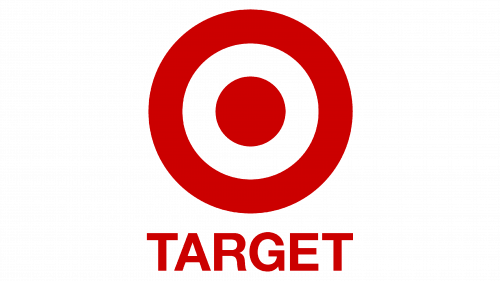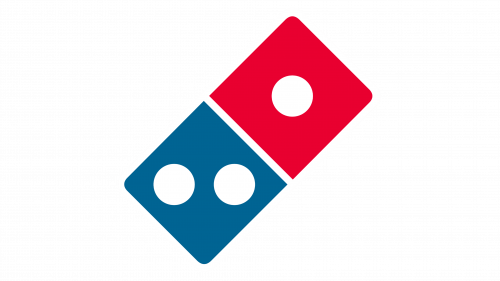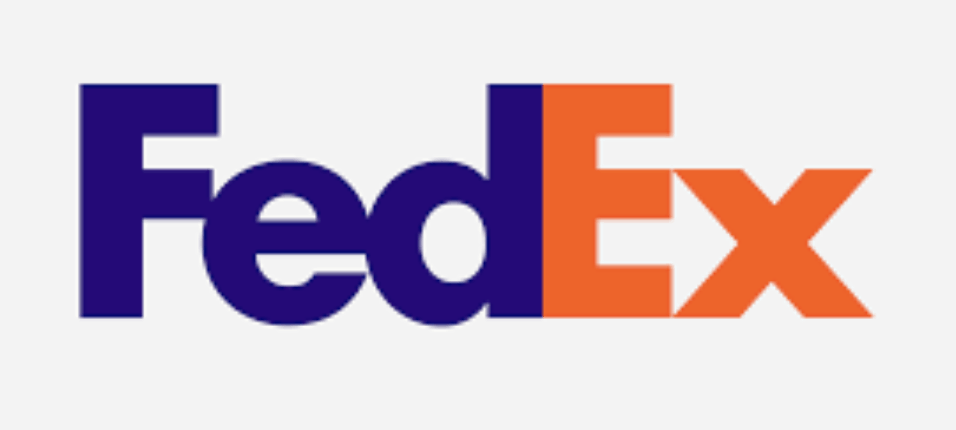Jobs2 Community
Elevate Your Career with Jobs2!
Jobs2 is #FutureOfJobs blog to educate and empower organizations and leaders around All Things Jobs. Here leaders, influencers, academics and entrepreneurs come together to elevate the future of jobs conversations. Here communities are working together to help bring jobs to the future.
Join local / global Jobs2 events
Connect with Jobs2 peers
Engage and Grow through Jobs2 opportunities
Join Our Movement:
Connect, Collaborate, and Catalyze Change
Employers
Want to support your talent pool? Quickly find and share internal knowledge with Private Q&A
Professionals
Questions about your career? Join the conversation, gain insights, and make informed decisions
Partners
Partner with us to reach a wider audience, offer expertise, and craft experiences that leave a lasting impact





















Or